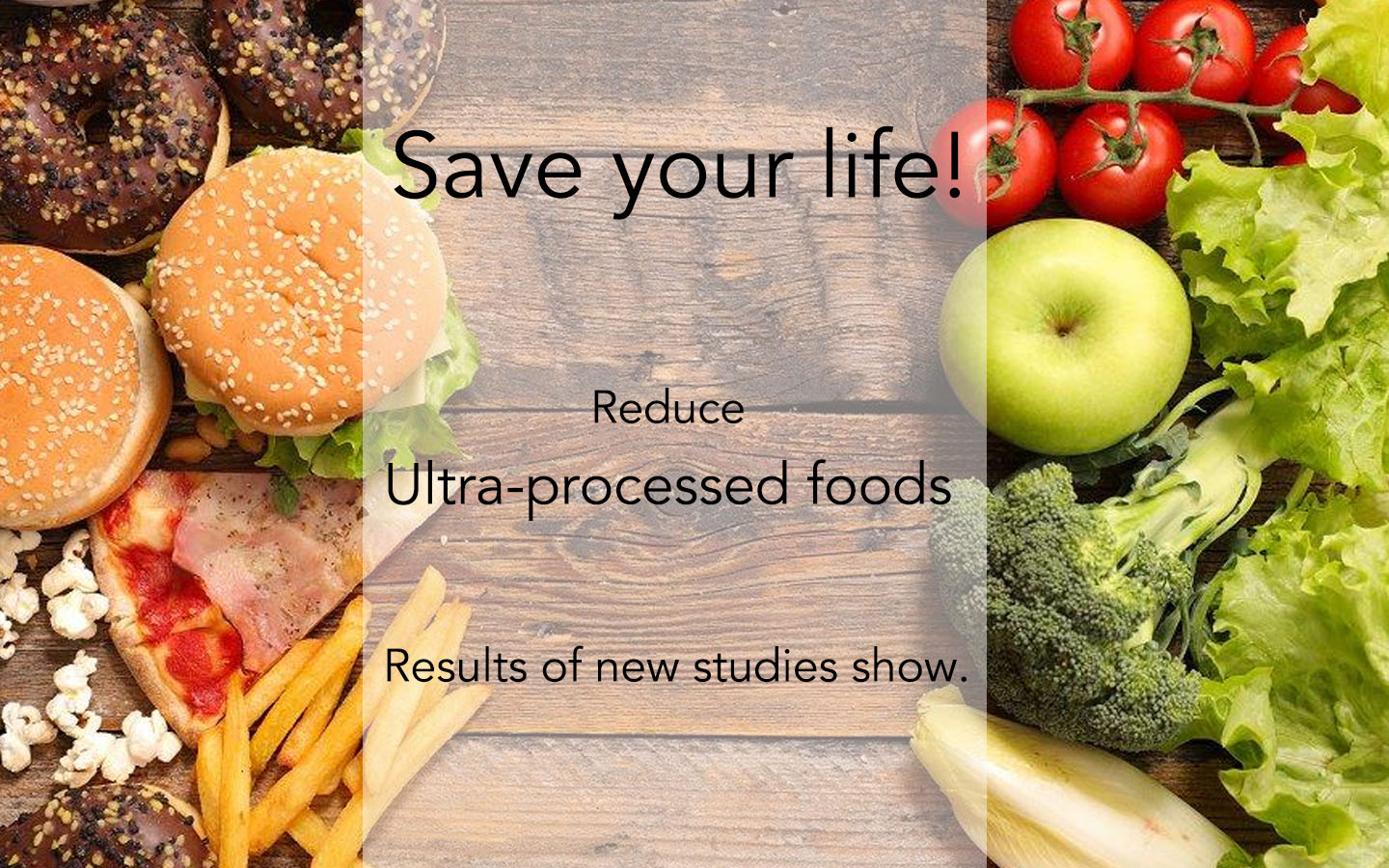
There have been lots of talks about how to classify processed foods. Here is a modern approach being accepted across the nation from NIH (National Institutes of Health):
1) unprocessed or minimally processed,
2) processed culinary ingredients,
3) processed foods, and
4) ultra-processed food and drink products.
Unprocessed foods include edible parts of plants or animals, as well as fungi and algae. These are found to be fresh, frozen, or even fermented. Foods that have not been treated with additives, injected with salt or rubbed with oil prior to consumption. Examples are dry beans; grains like rice; fresh or dried mushrooms; meat and dairy products; seafood; plain yogurt; nuts; fresh herbs and spices.
Processed culinary ingredients involve some steps when getting ready for the market (production). These are ingredients made from unprocessed foods, like vegetable oils, butter, and lard. Foods like honey from combs, sugar from cane, and syrup from maple trees are part of this group.
Processed foods are products that have been infused with sugar, salt, and/or fat to help improve how long they remain on the shelves in stores. These include Canned fruits, fermented yeast breads (most breads), alcohol, cheese, pickles, and salted nuts.
Ultra-processed foods are ready to eat or ready to heat items. In short, foods that have been processed significantly for many reasons to make consumers happy.
Ultra-processed foods are made often in a factory, broken down from their whole or fresh form and treated with colors, thickeners, glazes, and additives. They may be fried then canned or packaged or wrapped. Foods here in this category may contain high-fructose corn syrup, protein isolates, or interesterified oils that replace trans-fats. Examples of ultra-processed foods include packaged granola bars, carbonated soft drinks, candy, mass-produced bread, margarine, energy drinks, canned or jarred cheeses, flavored yogurt, chicken nuggets, deli meats, hot dogs and pizza.
When research “strongly suggests“, I can’t use the words “have proof” (might be offensive to some), that foods that are ultra-processed are linked to weight gain, increased rates of various cancers, chronic inflammation and early death.
Studies are being released almost monthly showing the effects of processed foods. It is most unlikely that all of us will hop on the “all-natural” bandwagon. However, if we can make small shifts towards less ultra-processed food intake, it most likely will result in our having much better health and happiness.
Scientists consider food to be processed if it’s made with additives and preservatives for flavor and freshness, like sugar, salt, and/or oil.
Consumers feel that processed foods should be defined as such if the food has artificial preservatives. Therefore, the grocery shopper feels the list of processed foods is much smaller than the scientists’ list.
The main attraction for processed foods is that they are available at a very inexpensive cost. This is true with flour, sugar, soda pop, table salt and many other products. Early in the 1900s, as machines began to process more and more food, prices dropped. Consumer education on how food is processed was also kept silent as new food manufacturers wanted to introduce their product. Also back then, food could have more claims to health benefits without consequences. Today, we live in a very consequential society and information sharing is promoted with equal importance as the products we purchase.
The bottom line is that if we as consumers want information, we can find it. However, most consumers are blind and uncaring about what they purchase until health problems emerge.
As processed foods are under much scrutiny, new findings from recent studies suggest there is something different about how quickly our bodies take in processed foods and how those foods interact with key hormones that help regulate our appetites.
This makes a great case for learning how to cook.
For now, Chefsville wants to help by suggesting that families take steps to reduce their intake of ultra-processed foods. Bit by bit. Replace one each month with more natural foods. In a year, we would love to hear how well you are feeling and what steps were taken to get there.
Source: NIH Study reported by Cell.com
Links: NIH Nova Classifications
https://www.healthline.com/health/food-nutrition/ultra-processed-foods#1
https://www.heartandstroke.ca/articles/what-is-ultra-processed-food
© Chefsville. All Rights Reserved.